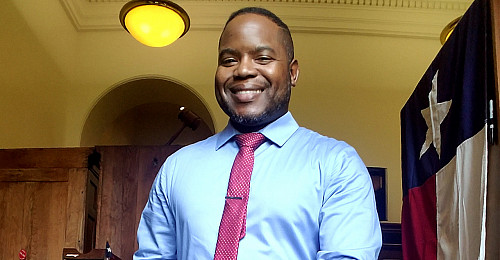Student Resources
Alcohol and Drug Safety
Learn about SU’s personal conduct policies on drugs and alcohol, signs and symptoms of alcohol poisoning.
Current Alcohol and Other Drugs Policy
Click here to read the section of the Student Handbook that deals with Personal Conduct Policies for alcohol and drugs.
Signs and Symptoms of Alcohol Poisoning
Alcohol poisoning signs and symptoms include:
- Confusion
- Vomiting
- Seizures
- Slow breathing (less than eight breaths a minute)
- Irregular breathing (a gap of more than 10 seconds between breaths)
- Blue-tinged skin or pale skin
- Low body temperature (hypothermia)
- Passing out (unconsciousness) and can’t be awakened
It’s not necessary to have all these signs and symptoms before you seek help. A person who is unconscious or can’t be awakened is at risk of dying.
When to See a Doctor
If you suspect that someone has alcohol poisoning — even if you don’t see the classic signs and symptoms — seek immediate medical care.
Alcohol Poisoning is an Emergency
If you’re with someone who has been drinking a lot of alcohol and you see any of the signs or symptoms above, here’s what to do:
- Call 911 or your local emergency number immediately. Never assume that a person will sleep off alcohol poisoning.
- Be prepared to provide information. If you know, be sure to tell hospital or emergency personnel the kind and amount of alcohol the person drank, and when.
- Don’t leave an unconscious person alone. Because alcohol poisoning affects the way your gag reflex works, someone with alcohol poisoning may choke on his or her own vomit and not be able to breathe. While waiting for help, don’t try to make the person vomit because he or she could choke.
- Help a person who is vomiting. Try to keep him or her sitting up. If the person must lie down, make sure to turn his or her head to the side — this helps prevent choking. Try to keep the person awake to prevent loss of consciousness.
Don’t be Afraid to Get Help
It can be difficult to decide if you think someone is drunk enough to warrant medical intervention, but it’s best to err on the side of caution. You may worry about the consequences for yourself or your friend or loved one, particularly if you’re underage. But the consequences of not getting the right help in time can be far more serious.
Source: Mayo Clinic




























